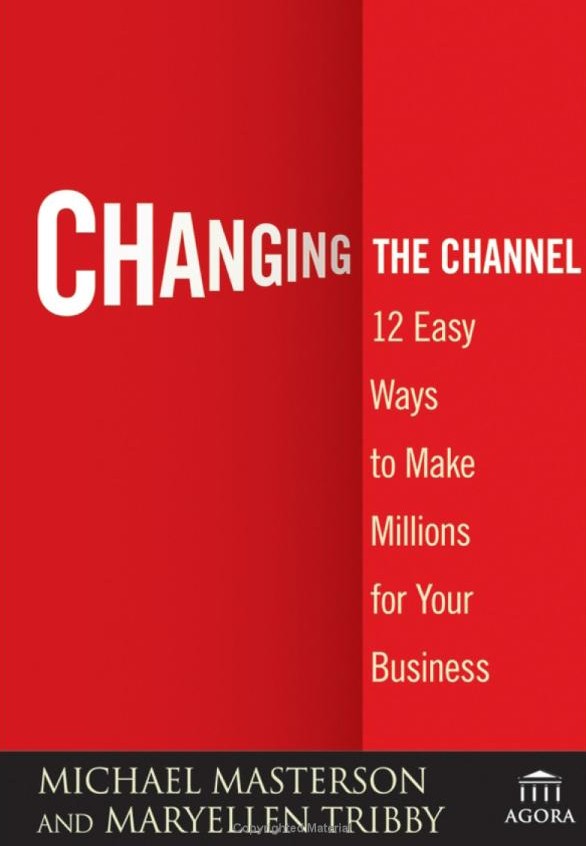





| ұ№і»јӯ әПҪбёУё® | [648,659]ұЗ АРАҪ | |
|---|---|---|
| ЗШҝЬјӯ ЗБё®әд | [0]ұЗ АРАҪ | |
| ұЫ·О№ъ Ж®·»өе | [2]ұЗ АРАҪ | |
| №Мөрҫо әкё®ЗОҪә | [680]ұЗ АРАҪ |
 [80]ұЗ
[80]ұЗ 
 |
Changing the Game | |
| АъАЪ | David Edery мҷё | ||
| ГвЖЗ»з | FT Press | ||
 |
лҸҲ лІ„лҠ” мғҒк°Җ л§қн•ҳлҠ” мғҒк°Җ | |
| АъАЪ | мқҙнҷҚк·ң (м§ҖмқҖмқҙ) | ||
| ГвЖЗ»з | л§ӨмқјкІҪм ңмӢ л¬ёмӮ¬ | ||
 |
кіөл¶Җн•ҳлҠ” мң лҢҖмқё | |
| АъАЪ | нһҗ л§ҲкіЁлҰ°(м—ӯмһҗ: к¶Ңм¶ҳмҳӨ) | ||
| ГвЖЗ»з | мқјмғҒмқҙмғҒ | ||
 |
кіјн•ҷмқҳ мІ« л¬ёмһҘ | |
| АъАЪ | мҲҳмһ” мҷҖмқҙмҰҲ л°”мҡ°м–ҙ (м§ҖмқҖмқҙ), к№ҖмҠ№м§„ (мҳ®кёҙмқҙ) | ||
| ГвЖЗ»з | мңҢл¶Ғ | ||
 |
кІҪлҰ¬мҙҲліҙмһҗл“Өмқҙ к°ҖмһҘ к¶ҒкёҲн•ҙн•ҳлҠ” нҡҢкі„ | |
| АъАЪ | н•ңм„ұмҡұ | ||
| ГвЖЗ»з | мғҲлЎңмҡҙм ңм•Ҳ | ||